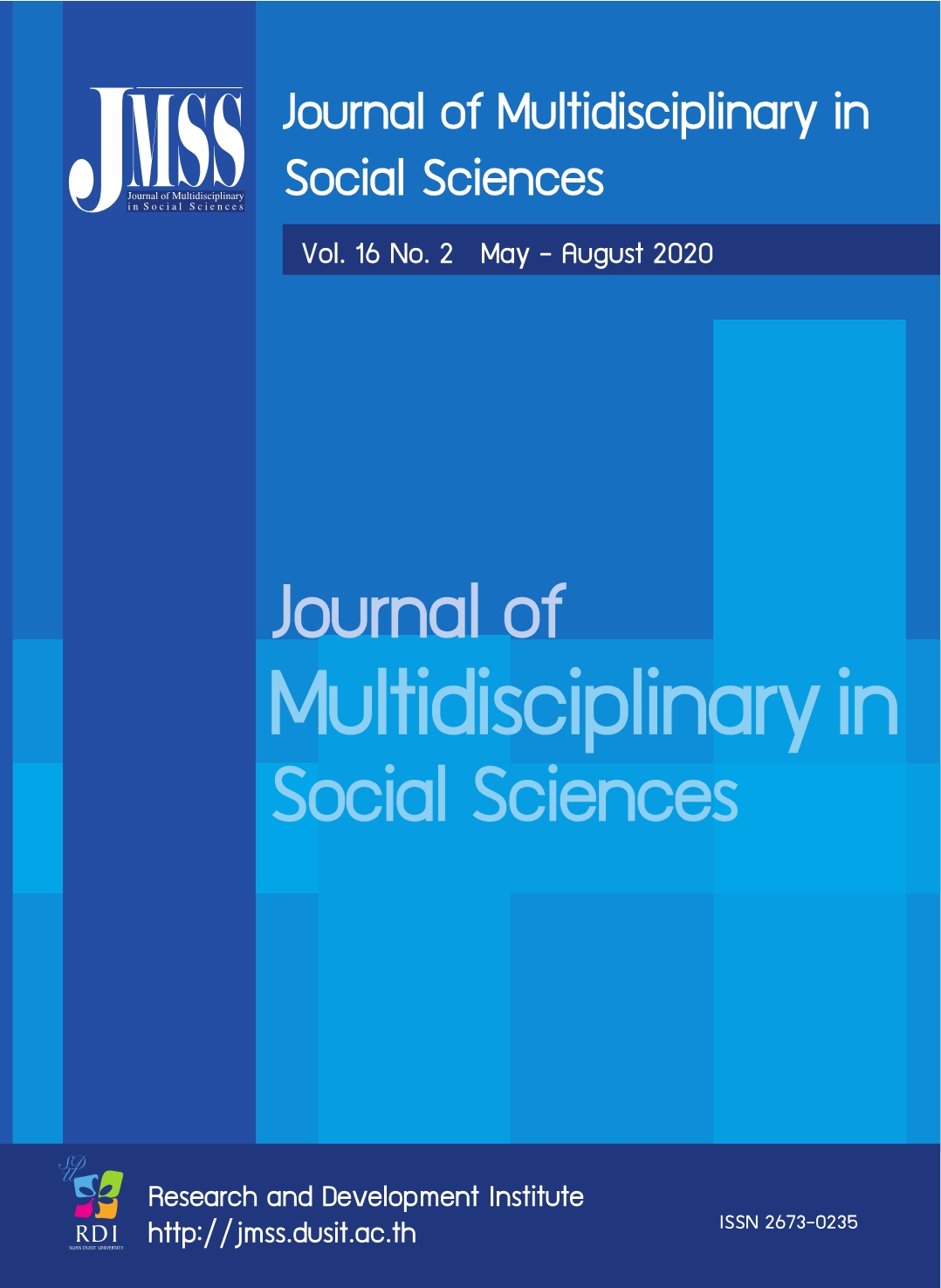Cognitive Strategies and Learning Styles of High and Low Performance of Elementary School Students
Keywords:
Cognitive strategies, Learning styles, Students’ performance, Teaching strategyAbstract
This study investigated the role of cognitive strategies and learning styles in the academic performance of elementary pupils. The study made use of the descriptive correlational research design. A total of 285 pupils were randomly selected from a population of 1147 pupils using the Slovene’s Formula for Sample Size Determination. Standard validated questionnaires were adapted and used in data gathering. The results revealed that at higher grade levels, high performing pupils tend to use cognitive strategies more than low performing pupils, and therefore produced a very satisfactory academic performance compared to low performing pupils. The results further indicated that high performing pupils learn best by remembering, organizing, and looking for assistance, and they use these strategies naturally. They also seek help when they find difficulties in their studies, and constantly monitor their progress. Moreover, low performing students prefer to learn with musical background whereas high performing pupils prefer to study in a quiet room. High performing pupils love solving puzzles and similar activities which low performing pupils do not appreciate. Likewise, they move a lot compared to low performing pupils. They learn best in mobile activities and are more adept in the use of language as a tool in learning and have higher visual ability compared to low performing pupils. It is therefore suggested that teachers should identify the learning-style preferences of the pupils so that selection of appropriate instructional methods and materials could maximize pupils’ learning.
References
Armstrong, T. (2009). Multiple Intelligences In The Classroom. Alexandria, Virginia: Association for Supervision and Curriculum Development.
Azevedo, R., & Aleven, V. (2013). International Handbook of Metacognition and Learning Technologies. New York: Springer
Bednall, T. C., & Kehoe, E. J. (2011). Effects of self-regulatory instructional aids on self-directed study. Instructional Science, 39(2), 205-226.
Bergin, C., & David B. (2009). Self-regulation in early education. Educational Psychology Review, 21, 141- 170.
Budé, L., Imbos, T., van de Wiel, M. W., & Berger, M. P. (2011). The effect of distributed practice on students’ conceptual understanding of statistics. Higher Education, 62(1), 69-79.
Butler, A. C. (2010). Repeated testing produces superior transfer of learning relative to repeated studying. Journal of Experimental Psychology: Learning, Memory, and Cognition, 36(5), 1118-1133.
Chan, J. C. K. (2010). Long-term effects of testing on the recall of nontested materials. Memory, 18(1), 49-57.
Francois, J. (2016). The impact of teacher prompting and questioning on third grade students' comprehension. Retrieved April 12, 2017, from http://scholarworks.uni.edu/hpt/216
Hartwig, M. K., & Dunlosky, J. (2012). Study strategies of college students: Are self-testing and scheduling related to achievement?. Psychonomic Bulletin & Review, 19(1), 126-134.
Hazzard, K. (2016). The effects of read aloud on student comprehension. Retrieved February 10, 2017, from http://fisherpub.sjfc.edu/education_ETD_masters/351.
Ibrahim, M. H., & Abd. R. (2016). The effectiveness of the logic of English approach on the improvement of reading skills of Saudi EFL learners. Education and Linguistics Research, 2(1), 1-18
Kendeou, P. (2014). A cognitive view of reading comprehension: Implications for reading difficulties. Learning Disabilities Research & Practice, 29(1), 10-16.
Lubrica, P. A., Montemayor, J. S., Botengan, D. F., Alvaro, M. N., Capili, A. C., Yango, D. M., & Gallardo, A. V. G. (2012). Cognitive Learning Strategies among Teacher Education Students: Their Implications for Improving Classroom Practices. Retrieved February 10, 2017, from https://ejournals.ph/article.php?id=2469
Martinez-Pons, M. (2002). Parental influences on children's academic self-regulatory development. Theory Into Practice, 41(2), 126-131.
Sadeghi, N., Kasim, Z. M., Tan, H. B., & Abdullah, S. A. (2010). Learning Styles, Personality Types and Reading Comprehension Performance. English Language Teaching, 5(4), 116-123.
Villegas, N.T. (2011). “A Study of learning styles as perceived by Elementary pupils in Imus, Cavite” (Master’s thesis). Manila: Polytechnic University of the Philippines.
Downloads
Published
How to Cite
Issue
Section
License

This work is licensed under a Creative Commons Attribution-NonCommercial-NoDerivatives 4.0 International License.








